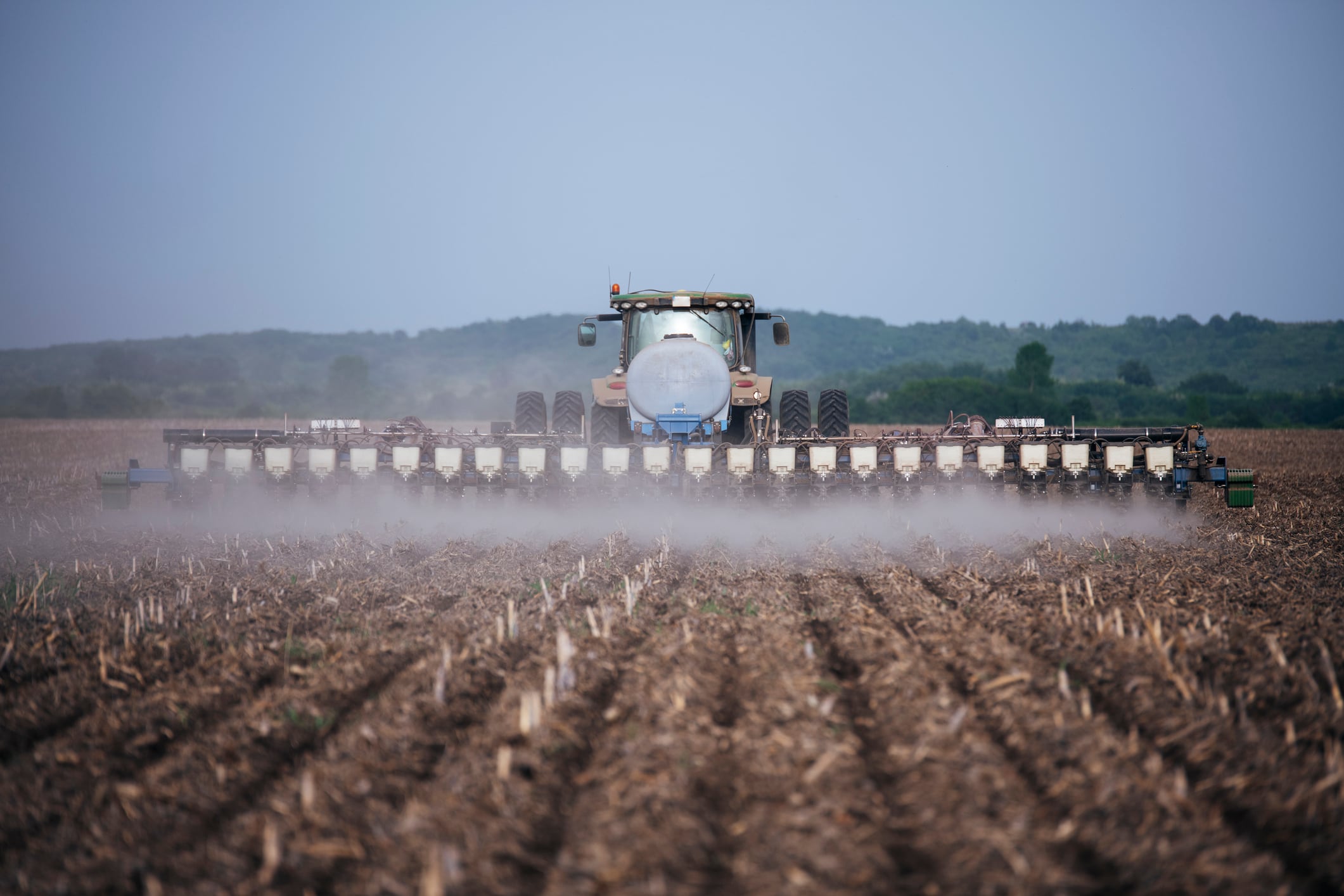Brussels-based Soil Capital operates a regenerative agriculture programme in the UK, France and Belgium paying farmers adopting practices that improve soil health and carbon storage and tackle climate change. Methods include cover cropping, minimum tillage or increasing the share of organic fertiliser. The model is funded by food and beverage giants like Boortmalt, Cefetra and Mars.
Farmer numbers rose from 800 to 1,100 last year, with the land area within the programme up 34% to 322,000 hectares. The climate benefits secured reached 330,000 tonnes of CO₂e, up 38% on the previous year, the company announced.
Farmer payments in the last 12 months (generated on harvest 2023) total £4.6m, up from the £3.2m total paid for the 2022 harvest. Payments for 2024 so far total £3.6m.
Lack of policy clarity
But economic uncertainty, geopolitical tensions, and evolving policy and regulation around sustainability are slowing the pace of corporate decision-making. “Success will demand bold action from governments, continued investment from the agri-food sector, and a shared commitment to a farmer-first approach,” said Soil Capital’s CEO and co-founder Chuck de Liedekerke.
The EU’s Carbon Removals and Carbon Farming Regulation (CRCF) hopes to establish a voluntary framework for certifying carbon removals, carbon farming, and carbon storage in products. But no unified global regulatory framework or accepted standard for voluntary carbon markets currently exists, often complicating market participation.
Policy uncertainty is “a killer”, said Soil Capital’s CFO and co-founder Alejandro Trenor, and threatens to slow the volume of deals. “Companies that want to make decisions are waiting to see what happens,” he told AgTechNavigator.
Accurately determining soil carbon difficult
Measuring the complexity of soil ecosystems is another challenge. In April 2025 the company unveiled a comprehensive framework to measure farm performance across five critical areas: soil health, biodiversity, water management, climate and socioeconomics.
The programme upgrade, called Beyond Carbon, moves away from solely focusing on greenhouse gas reduction to a broader evaluation of ecosystem services and farm resilience. It can recognise “the full scope of regenerative outcomes, from soil health to biodiversity and ensure farmers are fairly rewarded for leading this transition,” de Liedekerke said.
Farmers ‘more engaged’ with insetting over offsetting
The company is ultimately buoyed by the fact farmers are showing more engagement with carbon insetting compared to traditional offsetting.
Insetting refers to investments in emissions reduction projects within a company’s own value chain. Offsetting involves purchasing credits from projects elsewhere to compensate for emissions.
“It’s really important that improvements stay in the supply chain and the companies in the supply chain can actually claim those,” Trenor told us.
Insetting is “more natural” for farmers, he claimed. It offers clearer economic incentives, stronger integration with their supply chains, and the ability to claim sustainability benefits themselves, while offsetting is more disconnected from their direct claims and collaboration with supply chain partner.
“They are more valuable because they happen earlier,” he noted. “They happen within the supply chain so are inherently more valuable than offsets from some hydro project in China.”
Benefits to food and beverage companies
The major food brands paying for insets enjoy a trio of benefits: they can protect their bottom lines, meet sustainability targets and attract new consumers.
“Primarily they get verified reductions of emissions and sequestration of carbon within their supply chains,” Trenor explained. “We provide them with data on improvements in biodiversity, water efficiency, soil health and farmer socioeconomics. Companies can look at their supply chains and see an increase in resilience. That’s what they pay for ultimately.”
They can communicate carbon savings with their consumers and potentially point to any increases in nutrient density in food linked to soil health improvements. And because the brands have saved carbon within their supply chains, as opposed to buying credits, this potentially help them avoid accusations greenwashing from consumers.
“The story of resilience really matters for the brands,” Trenor added. “They know that their supply chains are at stake and that if they don’t do something about it their costs are going to grow, and their sourcing is going to be more complicated.”





